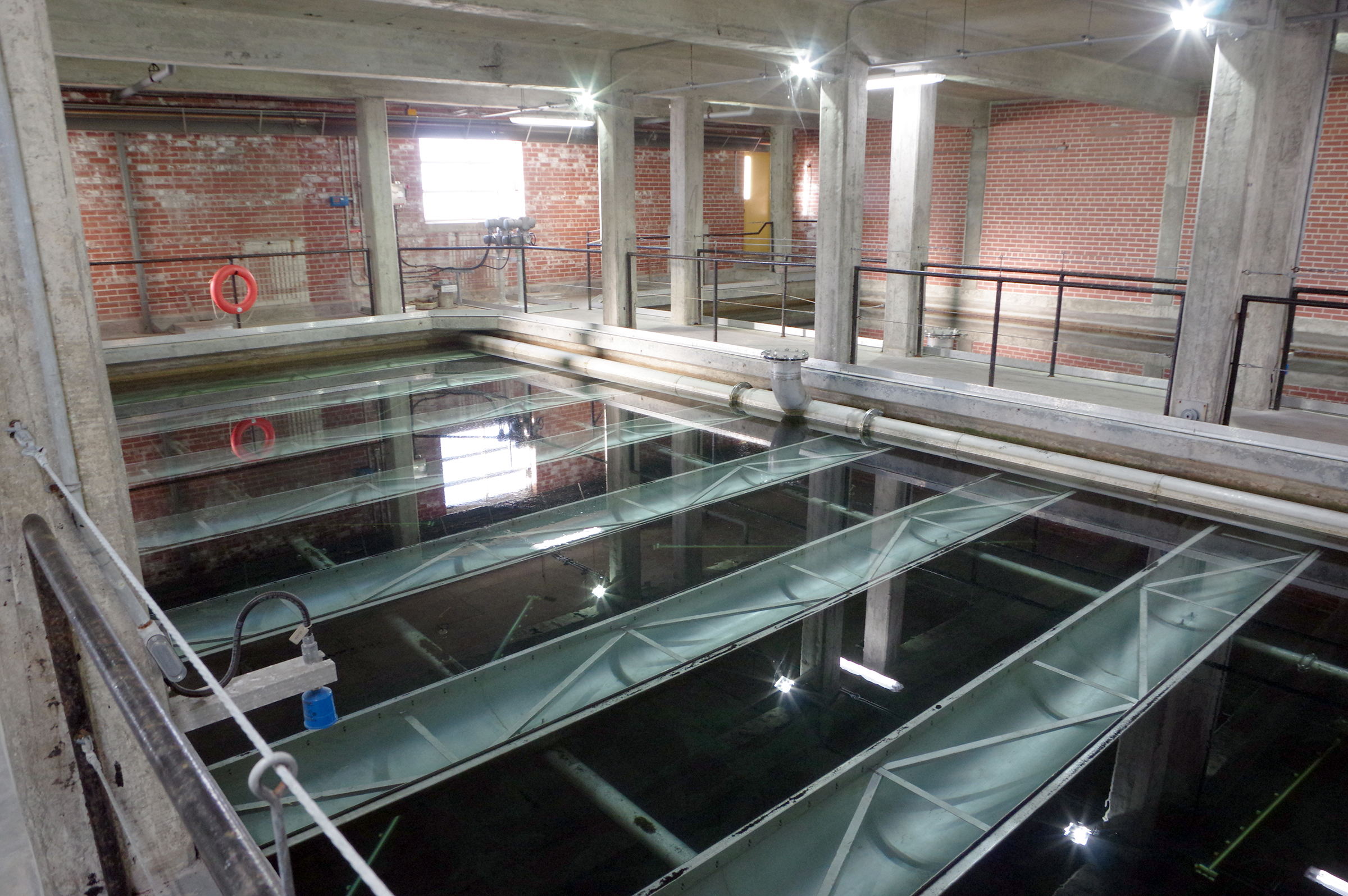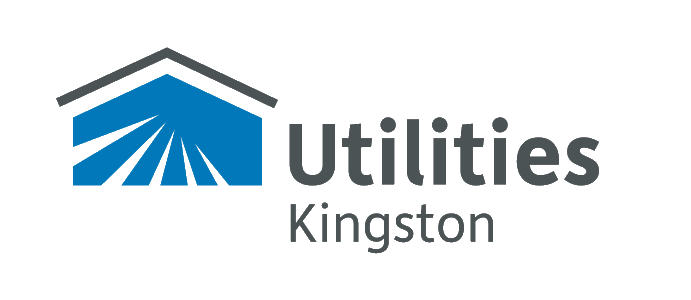2021 Achievements
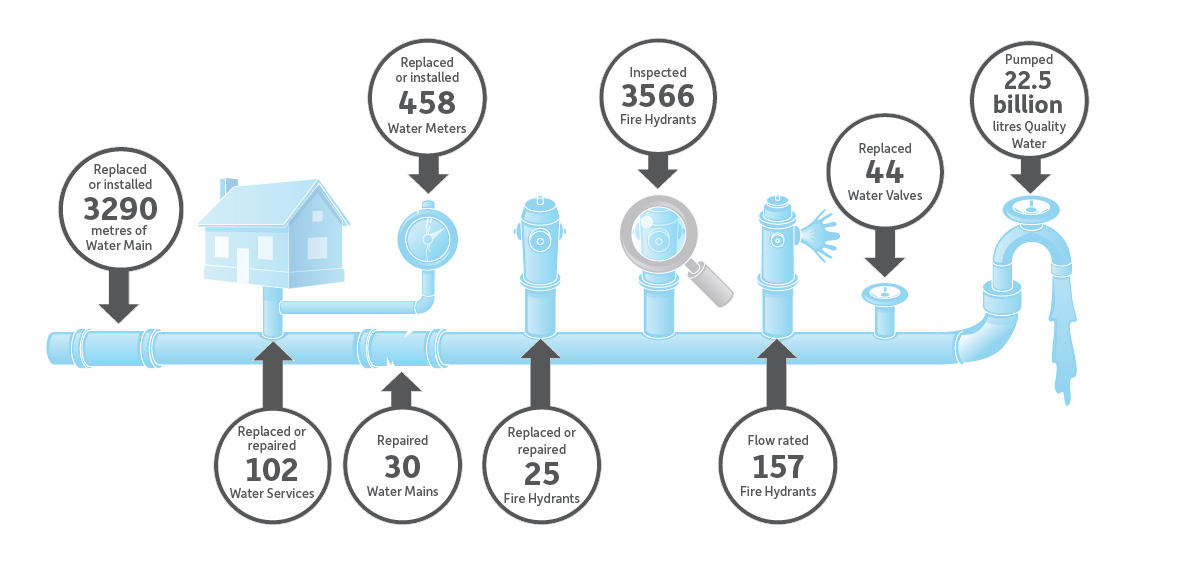 Click to enlarge
Click to enlarge
What's the context?
We've provided data on our achievements in 2021. If you're looking for additional context on how much overall infrastructure we maintain, check out our overview infographics.
Ensuring Reliable Water Distribution and Fire Protection
3,566
Fire Hydrants Inspected
Out of 3,583
44
Water Valves Replaced
Out of 5,468
In 2021, there was a focus on water distribution system maintenance that included valve operation and maintenance, hydrant inspection and maintenance, and water service renewal.
We inspected all fire hydrants, except those that were inaccessible, for example, due to construction.
Due to the COVID-19 pandemic, fire hydrant flow rating was significantly reduced, to 157 fire hydrants from 847 in 2019 (but up from 64 in 2020). We are committed to the ongoing success of this program, as we recognize its importance to help support fire protection.
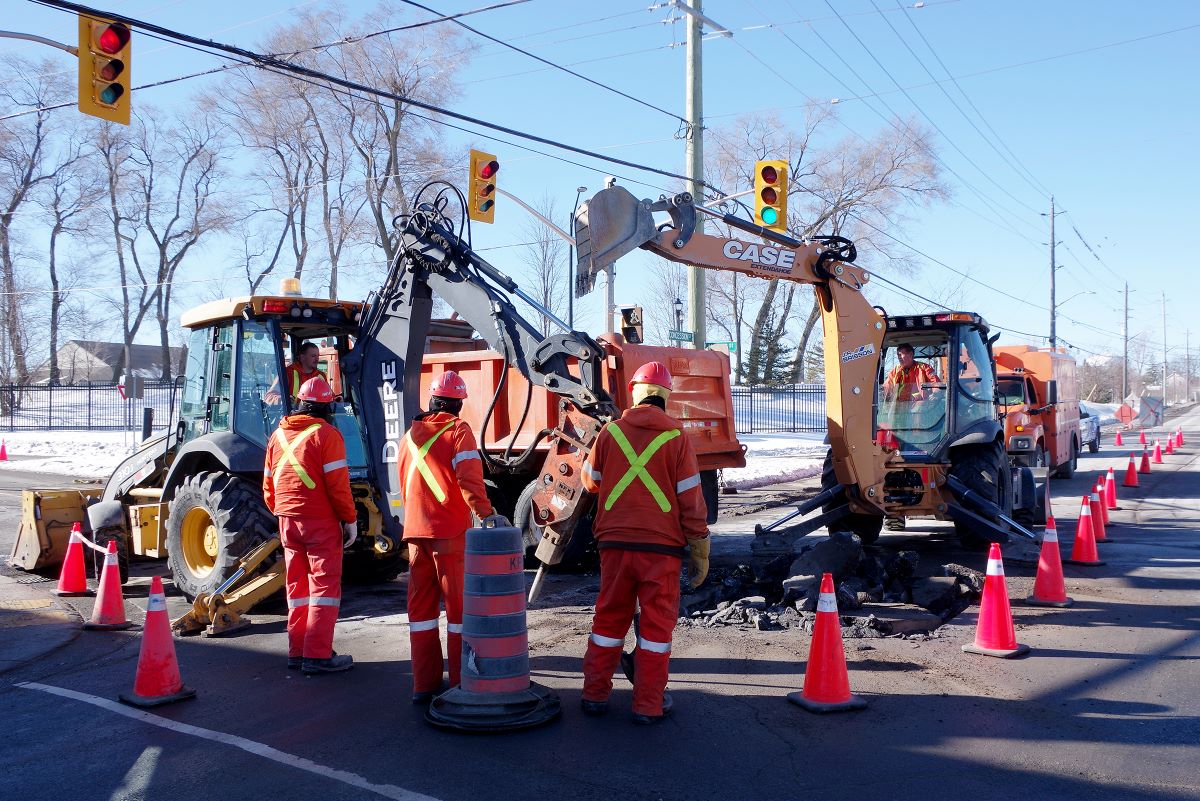
Accurate, Reliable Water Meters
In 2021, we continued to improve asset management of water meters, as we replaced or installed 458 out of approximately 40,000 water meters. While this number is lower than in previous years, as we reduced customer contacts due to the pandemic, we are proud of this achievement and thank our customers for the trust they place in us during this difficult time.
This program will help us keep meters up-to-date to ensure accurate, reliable metering of the water consumed by our customers.
Improving Community Infrastructure
Highway 15 Water Main Supports Growing Community
This work was identified in the 2015 water master plan and involved installing a new watermain on Highway 15, from Barriefield Village north to nearly Gore Road. Approximately 1,500 metres of watermain and eight new hydrants were installed in 2021.
This new trunk main will transmit water from the James Street water booster station to the elevated water storage tower located on Innovation Drive. It will move higher volumes of water into this facility, to better supply the growing community in the area and provide increased volumes for fire protection.
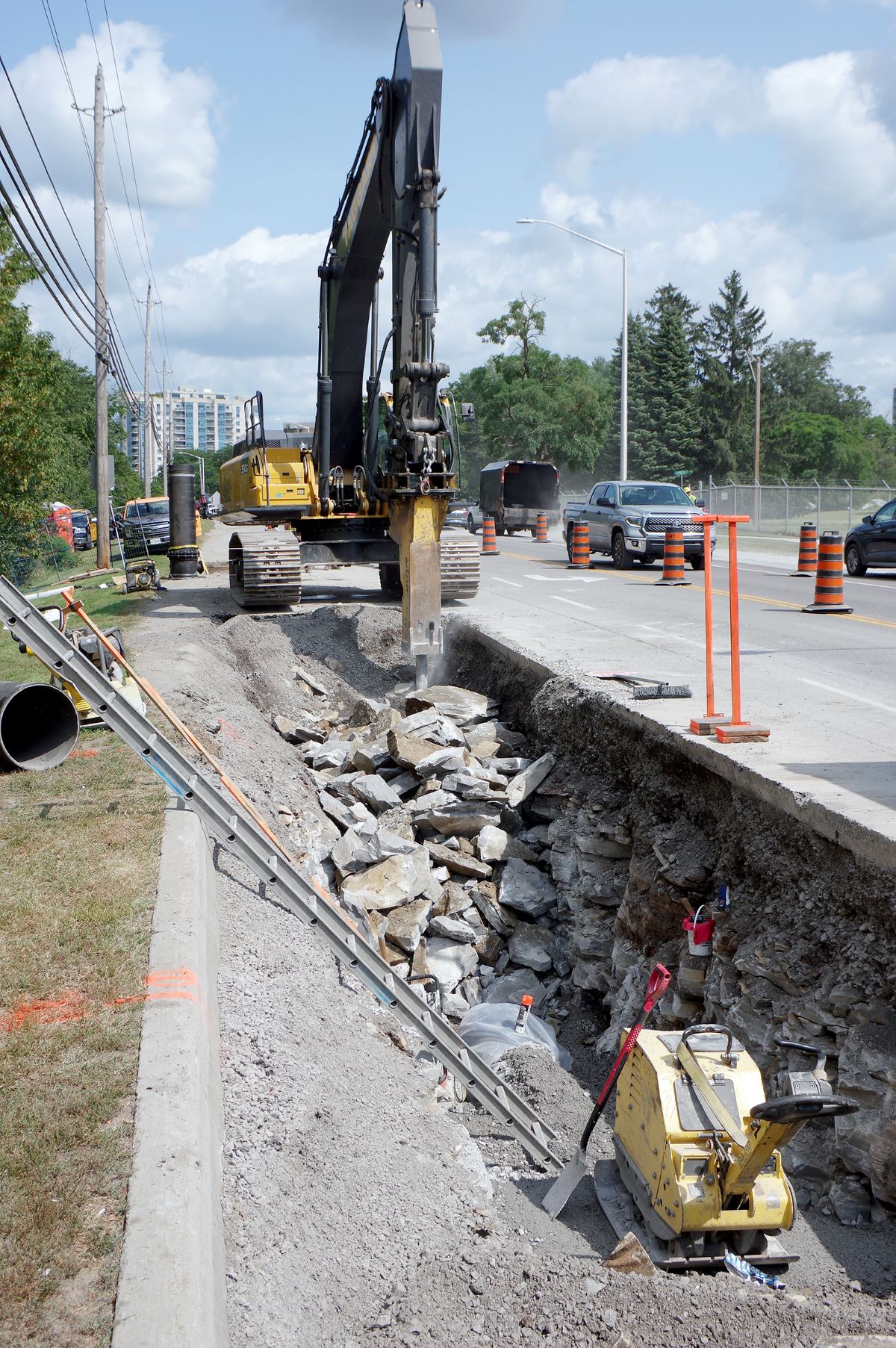
O'Connor Drive Water Main Helps Ensure Fire Protection
We monitor water system pressures, tower levels and performance and, in 2020, encountered high flows in a west-end area of the system.
We responded to this trend by adding a trunk water main project to our construction schedule. Approximately 425 metres of new water main was constructed between the elevated storage tower on O’Conner Drive and the surface reservoir further north on O’Connor Drive. This will allow greater system flexibility, helping to ensure fire protection.
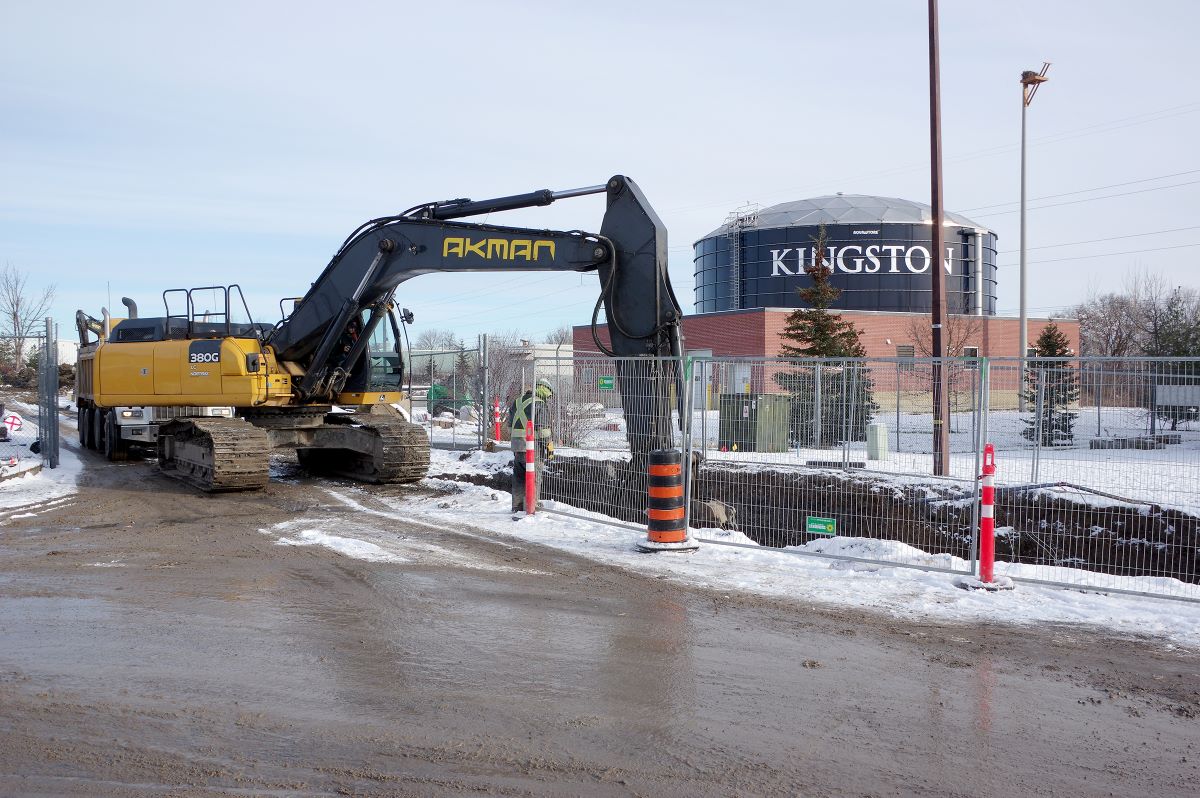
Helping customers save water, energy and money
We are committed to helping our customers save water, energy and money. Check out our online water conservation resources.
To help protect the health and safety of employees, and ensure the reliability of critical utility services, Utilities Kingston suspended many non-critical programs and services throughout the year, including rain barrel sales, water-wise gardening workshops, and tours of our award-winning water conservation garden.
Water conservation initiatives in 2021:
Incentives of
$24,660
Helped realize nearly
$850,000
in customer projects
Stimulating the installation of
72
low-flow toilets and the removal of open-loop cooling
Water savings of over
5,000 m3
cubic metres annually
Rain Barrel Program
In its fourteenth year, our rain barrel program continues to be popular with our community.
Watch our video to learn more.
Rain barrels help protect the environment by reducing the amount of treated lake water used for watering plants and lawns, diverting significant quantities of rainwater from the sewer system during storms. They help conserve energy by reducing the amount of water and wastewater that needs to be treated and pumped.
2021 results:
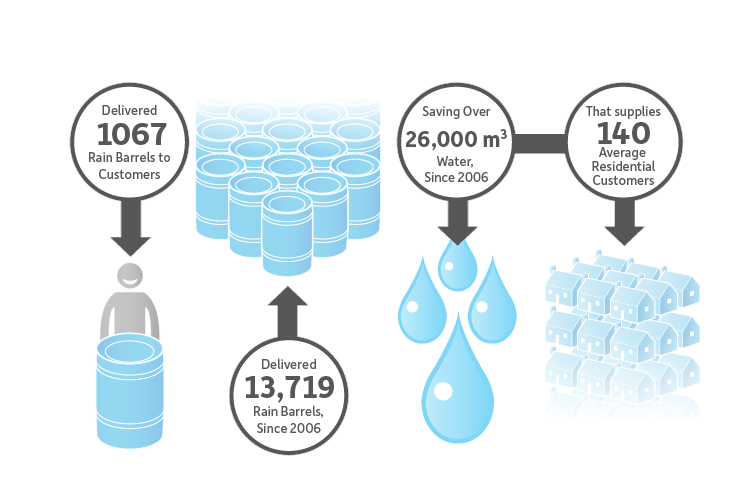
Regulation and Legislation
Annual Reports on Drinking Water Quality
Utilities Kingston released the 2021 annual reports on drinking water quality in accordance with Section 11 of Ontario Regulation 170/03. Annual reports outline water quality status at the three water treatment facilities and the water distribution systems operated by Utilities Kingston.
Our activities to ensure water quality included the following:
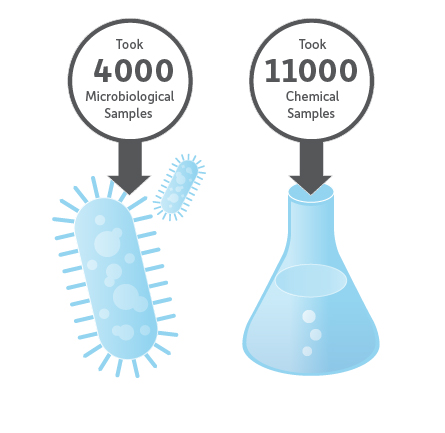
Cross Connection Control
As of 2021, Utilities Kingston monitors the annual testing and maintenance of over 4,000 approved backflow prevention devices. These devices are mostly for premises isolation, and some internal protection and residential irrigation. In 2021, 216 new devices were installed in industrial, commercial, institutional (ICI) and multi-residential buildings.
In 2021, we managed challenges, introduced by COVID-19, for new installations, survey reports and annual testing of backflow preventers, and the overall expansion of this program.
The program was first implemented in Kingston in 2012. Since then, over half of the approximately 4,000 ICI facilities identified have put premises isolation backflow prevention devices in place, are working on installation, or have a survey pending. We initially focused on the most severe-hazard connections like hospitals, car washes, morgues, and dental offices. These facilities now all have premises isolation in place and we continue to work with moderate-hazard connections such as restaurants, stores, offices and multi-residential buildings.
Background
In accordance with the Water By-law No. 2006-122 Part 3 - Cross Connections/Backflow Prevention, the Utilities Kingston Cross Connection Control Program is in effect. It addresses actual or potential connections between the City’s water infrastructure and a source of pollution or contamination that could change the drinking water supply quality.
Through this program, we identify moderate-hazard and severe-hazard cross connections, where potential contamination of potable water may occur, and we enforce installation and yearly testing of backflow prevention devices. When properly installed, cross connection control devices ensure that water will never flow from the customer’s facilities into the distribution system.
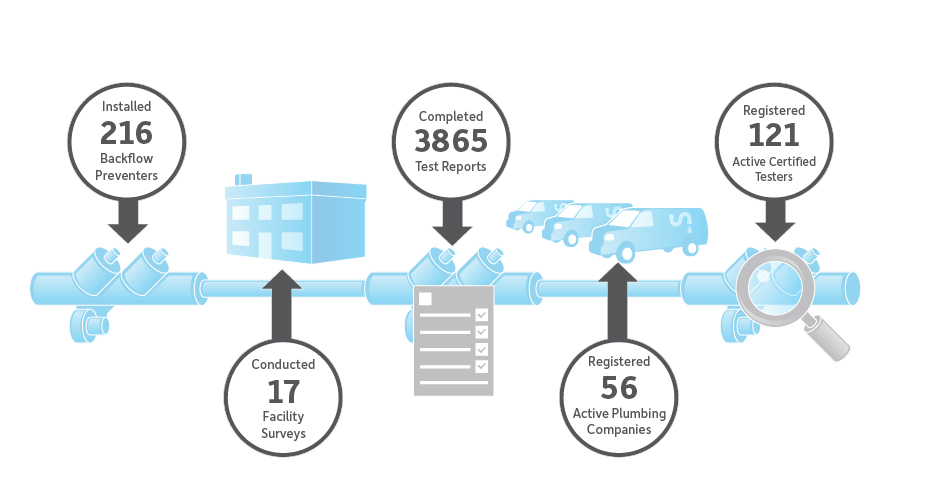 Click to enlarge
Click to enlarge
22
Homes and Businesses
had their Drinking Water
Tested for Lead
This meets our regulated requirement
of 20 tests.
Community Lead Testing Volunteers
Help safeguard our water, from source to tap
Protecting our drinking water is a shared responsibility. Thank you to our customers who volunteer in the community lead testing program and help keep drinking water safe and clean.
Under the Provincial Regulation 170/03 (Safe Drinking Water Act), the Ministry of the Environment and Climate Change requires owners of municipal residential drinking water systems to conduct lead testing of water taken from both plumbing (pipes inside the home or building) and distribution locations (pipes leading to the home or building). The municipality has been regulated to conduct lead testing over the past decade. During this time, Utilities Kingston has typically not found any issues with elevated lead levels in drinking water.
Full Scope Accreditation
In 2021, the required internal auditing process was completed with one minor non-conformance, which was identified and corrected. Additionally, an external desktop audit was completed by an accredited third party with no non-conformances identified.
In 2011, we received full scope accreditation for a successful Drinking Water Quality Management System (DWQMS). The issuance of the certificates of accreditation is the final step in meeting the initial requirements of the Safe Drinking Water Act. The accreditation process is ongoing and requires yearly audits that demonstrate continuous diligence in continuous improvement in water treatment and supply.
This accreditation demonstrates that Kingston’s water treatment and distribution systems meet the requirements set out in provincial quality water management legislation. It is a testament to our commitment to water quality and the provision of safe and reliable water to our customers.
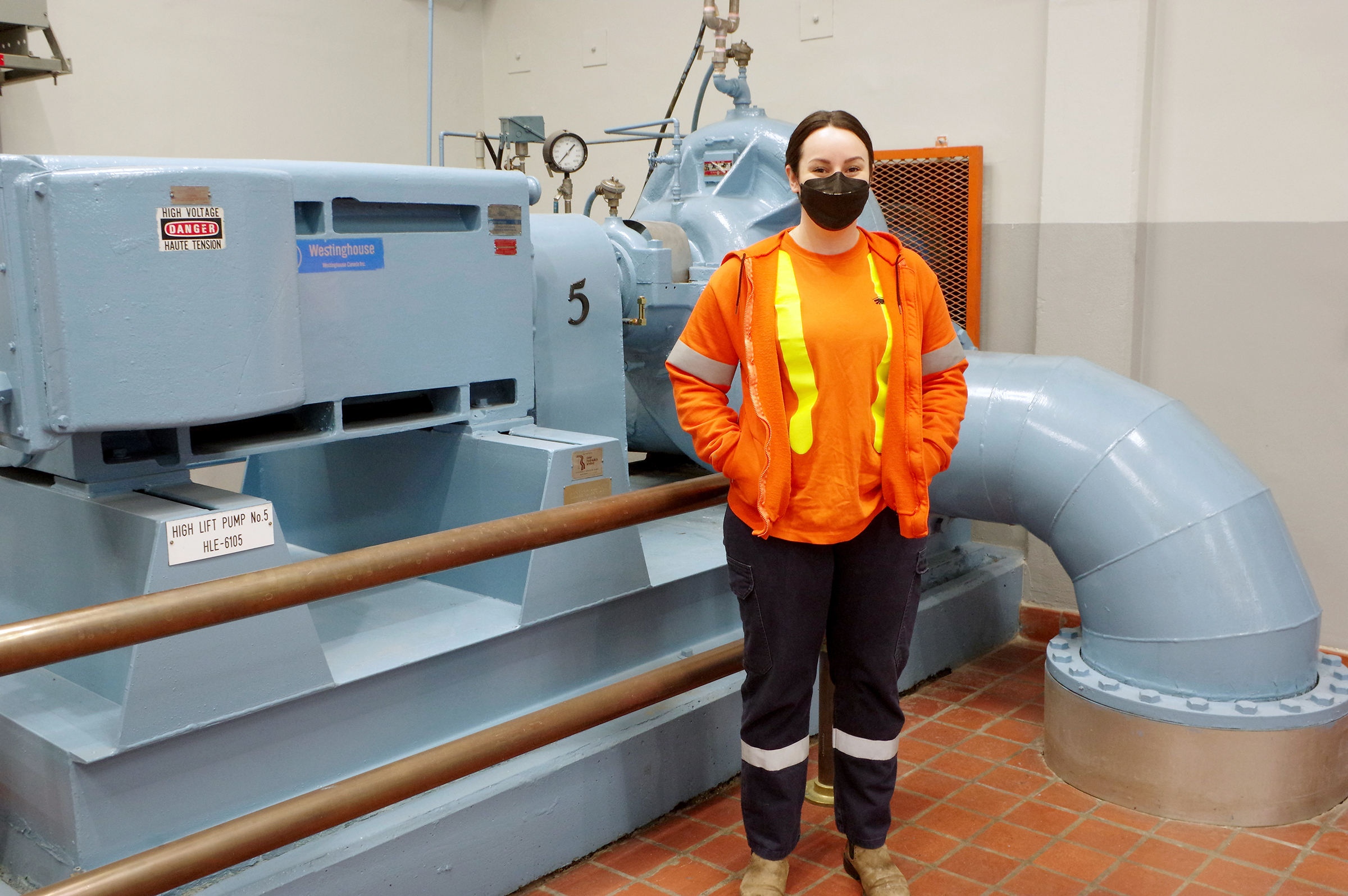
Annual Inspections
In 2021, the Ministry of the Environment, Conservation and Parks completed annual inspections of all the water treatment systems operated by Utilities Kingston. For 2021, we received a 96.88 per cent rating for meeting the operational, and compliance requirements under Ontario’s drinking water regulations.
